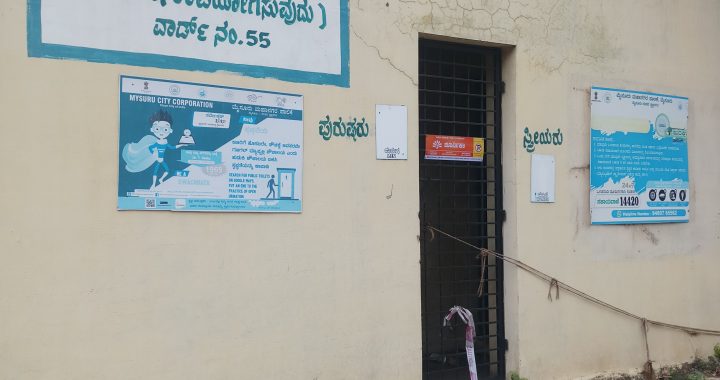In advanced nation, women still have many hurdles to cross
2 min read
Mysuru: In addition to being a fundamental human right, gender equality is also a precondition for a world that
Over the past few decades,
Despite these advancements,
The COVID-19 pandemic’s consequences could undo the meagre progress that
As a result of closing
– By Fathima Ummer,
second BA, JPE
Christ College, Mysuru
– Team Mysoorunews






